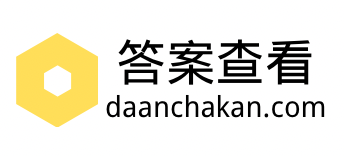【单选题】【消耗次数:1】
儿童思维的发生时期在( )岁。
①
0—1岁
②
1—2岁
③
1.5—2岁
④
1—3岁
参考答案:

纠错
相关题目
【简答题】
1~3岁儿童心理特征是什么?
随机题目
【单选题】
“in addition to”is a/an_______ collocation.
①
noun
②
conjunction
③
preposition
④
adverb
【单选题】
The figure of speech used in “The world is a stage”is_______.
①
simile
②
metaphor
③
paradox
④
allusion
【单选题】
When making a choice of words, speaker/writer needs to consider the following major factors EXCEPT_______.
①
audience
②
length of speech
③
purpose
④
formal and informal English
【判断题】
Homophones are two or more words that sound alike, but look different and have different meanings, such as “sea”and “see”.
①
正确
②
错误
【判断题】
All the free morphemes are lexical morphemes and all the bound morphemes are grammatical morphemes.
①
正确
②
错误
【判断题】
Anglo-Saxon vocabulary is usually regarded as the main body of the English vocabulary.
①
正确
②
错误
【判断题】
When efficiency and formality are in conflict, the fast-paced modern people often sacrifice the latter.
①
正确
②
错误
【单选题】
The sense relation between “fruit”and “apple”is _______.
①
hyponymy
②
polysemy
③
homonymy
④
synonymy
【单选题】
Noticeable changes of English words in recent years consist of the following characteristics EXCEPT___________ .
①
increasing use of abbreviation
②
increasing use of open compounds
③
increasing use of clauses
④
increasing use of conversion
【单选题】
Historical linguistics reveals that the English vocabulary sprang from three major root sources:_______.
①
Italian, Latin, Greek
②
French, Germanic, Greek
③
Germanic, Latin, Greek
④
Germanic, Italian, French

